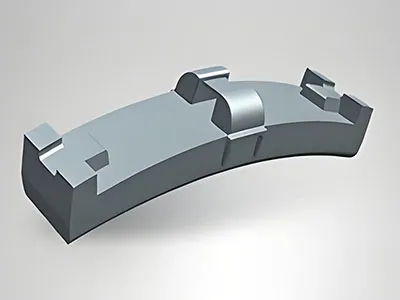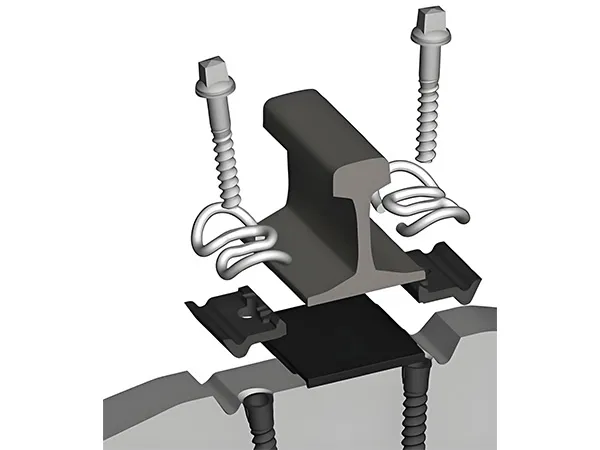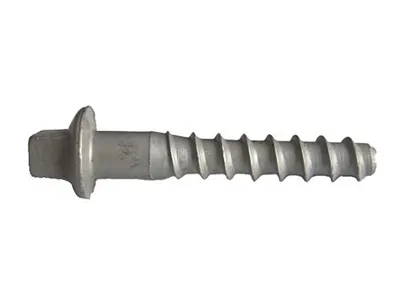SUYU provides various types of coil spring (Helical Suspension Spring) product based on standards of UIC, AR, EN, TB, DB, BS, and JIS. It is used on locomotive, passenger car, wagon and mining machinery, etc. Here are the factors affecting the locomotive spring fatigue strength.
Yield strength
The yield strength and fatigue limit of the material interact with each other. Generally speaking, higher yield strength comes with higher fatigue strength. So, in order to increase the fatigue strength we should try to increase the yield strength of spring material, or to use the material with good yield strength and fatigue limit. For the same material, the coil spring with fine grain structure has higher yield strength than that with coarse grain structure.
Apparent condition
Maximum stress mostly occurs in the surface of the spring material, so the yield strength depends much on surface quality of the spring. The flaw, defect and scar caused by rolling, drawing and coiling are always blamed for the spring’s fatigue break. The spring displays less surface roughness and stress concentration, its fatigue strength shows higher. In other word, the fatigue limit decreases with the increasing surface roughness. In the case of the same roughness, the extent of decreasing of fatigue limit is varied with different steel grades and different coiling methods. For example, the decreasing extent of a cold coil spring is little than that of a heat spring. During heat treatment, the oxidation progress leads to decarburization phenomenon which makes the spring material surface course, thus fatigue strength of the spring gets reduced.
Need reliable railway fastening solutions? Contact us today for more information!

SUYU can offer diversified train wheels like the casting wheel and forging wheel.

SUYU can provide a complete set of rail fastening system of SKL14, SKL12, elastic rail clip system, and Nabal clip system.

SUYU is a specialized rail fastening manufacturer based in China.